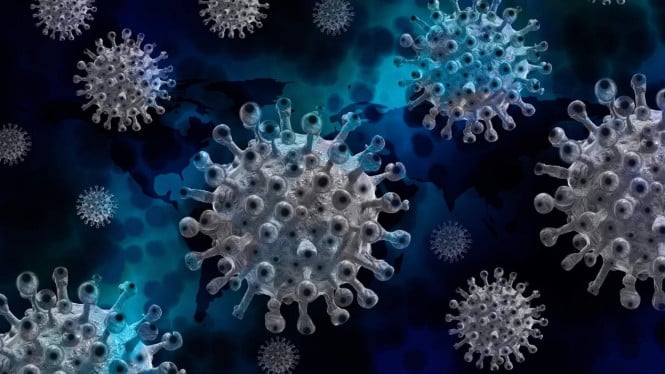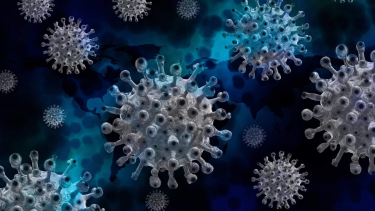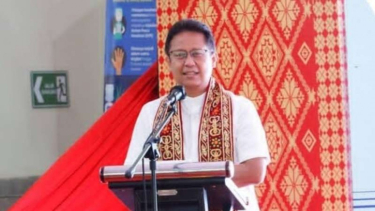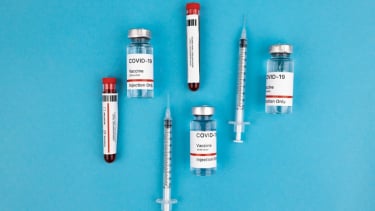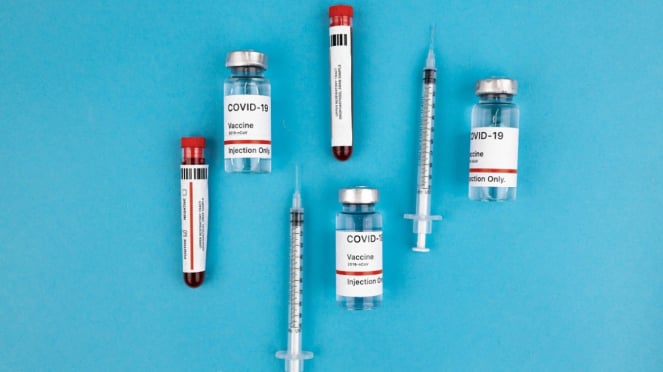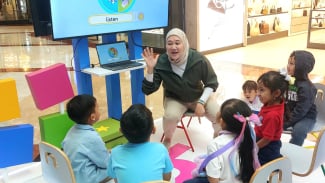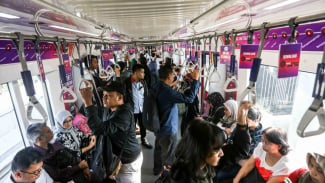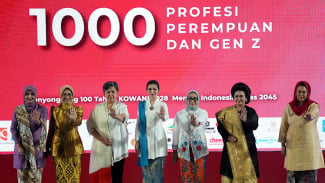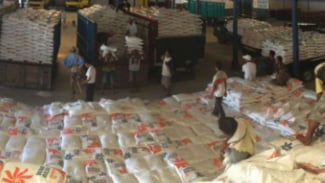COVID-19 Makes Government Develop Surveillance and Digitalization
- Pixabay/mattthewafflecat
VIVA – The Minister of Health, Budi Gunadi Sadikin, stated that the COVID-19 pandemic has given important lessons for the Indonesian government in developing surveillance capabilities and exploring the use of digitization further.
"When we got COVID-19, we didn't know who was sick, where it was, whether it was sick or not because our laboratory network is very small. Now within 18 months, we have built more than 1,000 PCR laboratory networks," said Budi Gunadi Sadikin in the 2022 Government Performance Achievement in Jakarta, Friday, October 21, 2022.
Minister Budi said there was a crisis that occurred during the pandemic, making Indonesia try to rise by strengthening surveillance. The Indonesian government builds and improves the quality of laboratories throughout Indonesia for maximum case tracking.
Menteri Kesehatan Budi Gunadi Sadikin.
- tvOne.
Currently, there are more than 1,000 PCR laboratories that have been built, after previously there were only 10 laboratories in Indonesia. With the rapid increase in infrastructure, the number of laboratories has increased almost 100 times.
“This PCR is not only for COVID-19 but for viruses, bacteria, and other parasites. In the future, we can use it and more than 1,000 of these laboratories have been connected online to the Ministry of Health system," he said.
The tracking system is also directly connected to the data in the PeduliLindungi application. So, each infected party can be immediately identified and their movements are restricted and receive treatment via telemedicine.
In addition to the PCR laboratory, the government has also developed Whole Genome Sequencing (WGS) that can help determine the type of variant quickly. In the past, Indonesia only had nine tools. But now, the government provides them with more than 50 tools and they are distributed throughout the country.
"It is not only used to determine what variant but also used for the development of research and development of advanced drugs in the future," Minister Budi remarked.
Ilustrasi vaksin COVID-19.
- Pexels/Maksim Goncharenok
In addition, the pandemic has also made the Indonesian government take more advantage of digitalization to increase vaccination coverage by name by address. Thus, the age of the place of residence of the individual can be well known and recorded.
It means that digitalization helps the government to reshape all data collection systems in the performance of ministries/agencies.
The Minister of Health admitted that there are six transformations carried out by the Ministry of Health at this time, namely the transformation of primary services related to the revitalization of services at the puskesmas and posyandu, the transformation of hospital services where each tool and doctor will be improved in quality and the transformation of health resilience through the production of vaccines, drugs and health equipment.
The transformation of the health financing system, the transformation of health human resources where currently Indonesia still lacks many doctors throughout the country, and the transformation of health technology in the fields of information technology and biotechnology.
"The six total reforms, Mr. President, have asked to be completed before the end of his term of office in 2024," Budi Gunadi Sadikin remarked.
